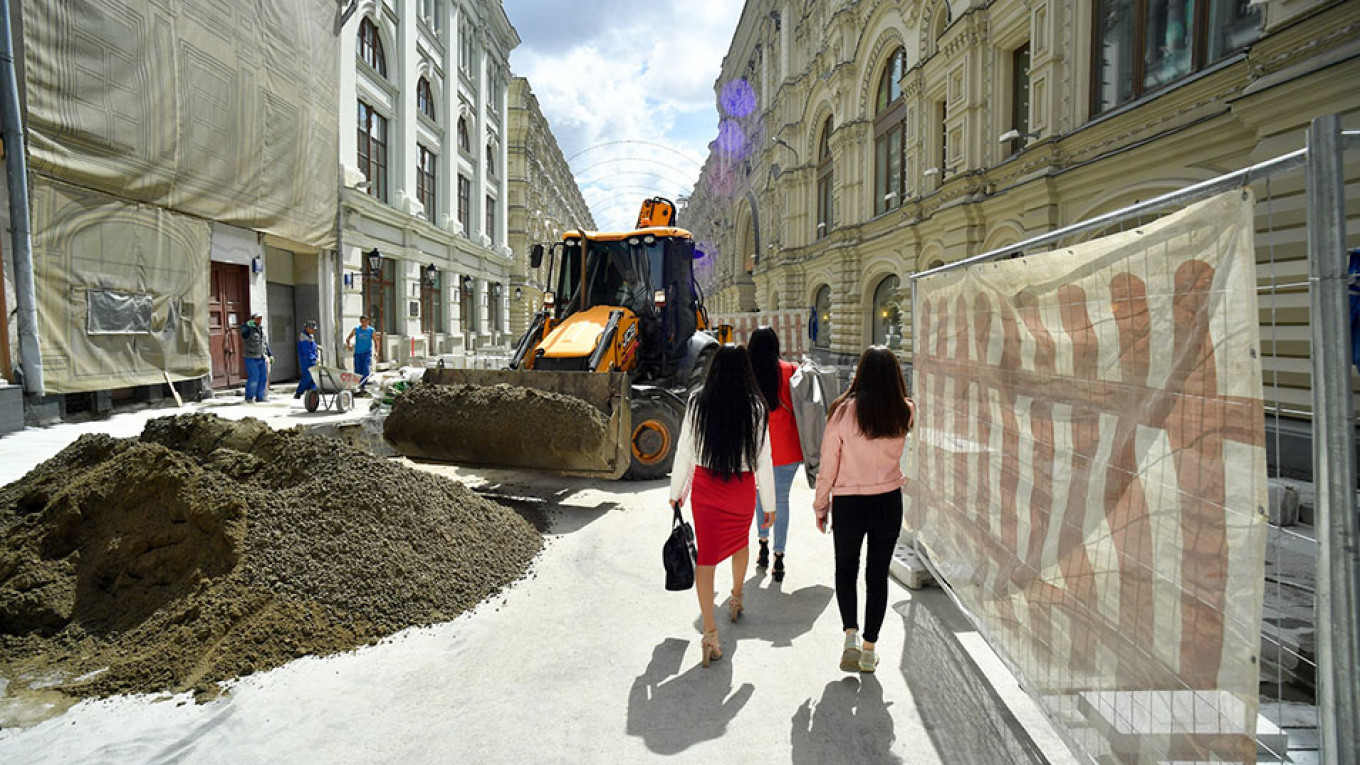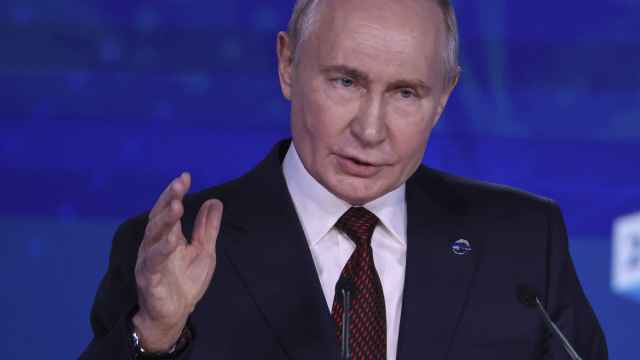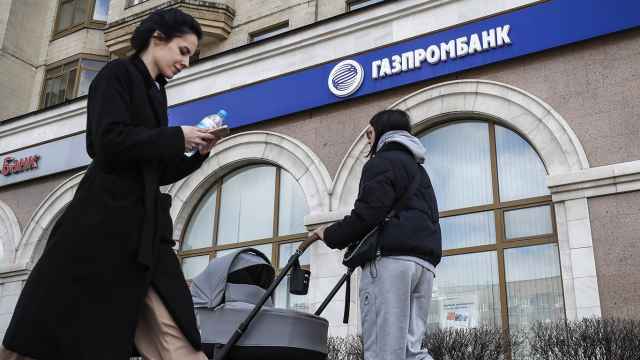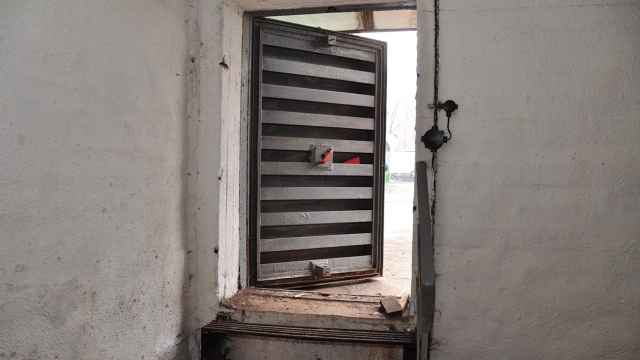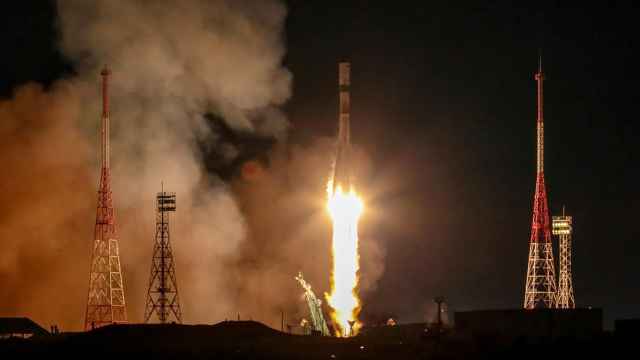The city of Moscow spent nearly as much money on urban renewal over the past decade as the rest of the country combined, the Vedomosti business daily reported Friday.
Moscow Mayor Sergei Sobyanin made urbaniztion a top priority when he took office in 2010. In 2015, Sobyanin launched the Moya Ulitsa (My Street) initiative, which calls itself “the largest beautification project in Moscow’s modern history.”
Since 2010, Moscow spent 1.5 trillion rubles ($24 billion) on blagoustroystvo (urban renewal) with new parks, sidewalks and bicycle lanes — while the rest of the country's cities spent 1.7 trillion rubles over the same period.
In the first 10 months of 2019 alone, the capital’s budget for beautification (281 billion rubles) was more than Russia spent on constructing the Crimean bridge and is comparable to the budgets of entire regions like Krasnodar and Tatarstan.
It was the equivalent of 15% of the city's budget and more than it spent on education.
At the same time, Moscow’s income more than doubled over the past decade, from 1.13 trillion rubles in 2011 to 2.8 trillion rubles projected for next year.
A Message from The Moscow Times:
Dear readers,
We are facing unprecedented challenges. Russia's Prosecutor General's Office has designated The Moscow Times as an "undesirable" organization, criminalizing our work and putting our staff at risk of prosecution. This follows our earlier unjust labeling as a "foreign agent."
These actions are direct attempts to silence independent journalism in Russia. The authorities claim our work "discredits the decisions of the Russian leadership." We see things differently: we strive to provide accurate, unbiased reporting on Russia.
We, the journalists of The Moscow Times, refuse to be silenced. But to continue our work, we need your help.
Your support, no matter how small, makes a world of difference. If you can, please support us monthly starting from just $2. It's quick to set up, and every contribution makes a significant impact.
By supporting The Moscow Times, you're defending open, independent journalism in the face of repression. Thank you for standing with us.
Remind me later.


